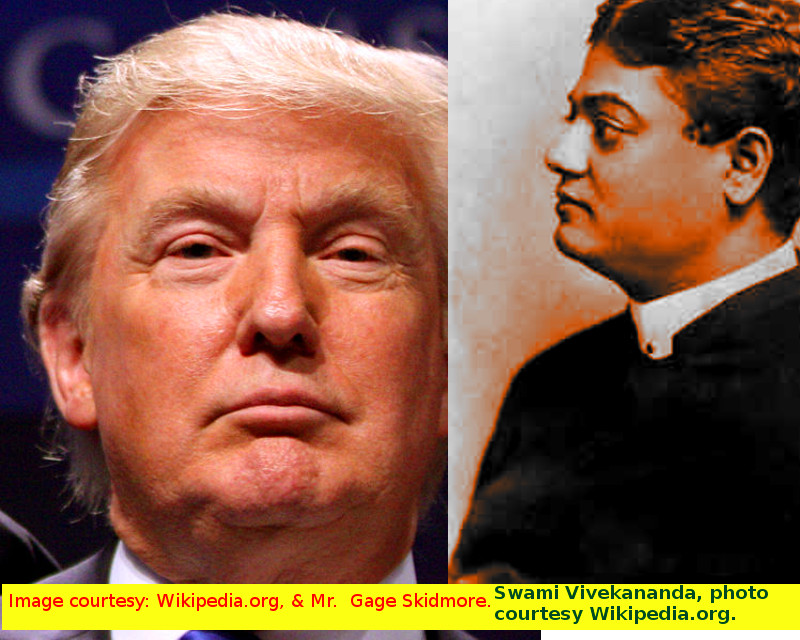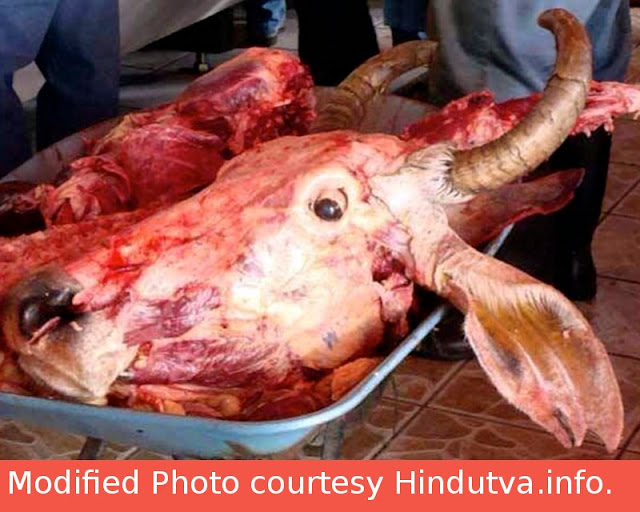Do children and adolescents learn from the lives of so called great men?
Question: Do children and adolescents learn from the lives of so called great men?
Answer:Answer will have to be 'yes and no' at the same time.
Question: Why this question has arisen now? What is the context?
Ans: Tirumala Tirupati dEvasthAnam, the largest temple in India, in terms of income, has through its TV channel SVBC, broadcast a program called 'mahanIyata (Greatness)', on 6th July 2012, around 8.00 p.m.
The essence of the particular episode was: a boy was deviating from studies and going on errands like films with school and class mates. Parents scold him. His maternal grand father gave some counselling to the boy's parents. The boy goes to his mgf's house and was given a book on Swami vivEkananda. From that very day, the boy makes a turnround, shuns his friends etc. etc.
ybrem 1
The boy was in an impressionable age. Boys in impressionable age tend to believe whatever comes before them and form role-models. If they get good models, they become good guys; if they get bad models, they become bad guys; if they get mixed models, they become mixed guys.
What the boy got was a sanitised version of Swami vivEkAnanda's life. He might have genuinely believed its contents and emulated the sanitised role-model.
His mgf. too read the sanitised version and thought that all that was printed therein was genuine. TTD i.e. the temple authorities too believed. We cannot find fault even with the temple authorities. Indian society believed it.
ybrem 2
Not caring to verify facts in case of 'celebrities' is a universal phenomenon. Such lack of care is not restricted to adolescents of impressionable age. Fads develop from lack of care in knowing the deeper facts.
A saffron-clad person occupied the Government-assigned land of a poor person in kakinADa, Andhra Pradesh and started an ostentatious cow-shelter. When quizzed by a TV channel, he simply said that the land given to that scheduled caste man was not fit for cultivation and that he "effectively and efficiently" repulsed the objections. How did he repulse? By meeting influential bureaucrats and political leaders?
It is the law which has to decide whether the claim of the saffron-clad person is correct or the poor person's claim is correct. But a poor person cannot easily approach bureaucrats or engage expensive lawyers.
Temple landgrabs by Government is different from grab of Government assigned lands by saffron-clad persons.
(To continue).



Comments